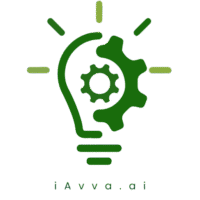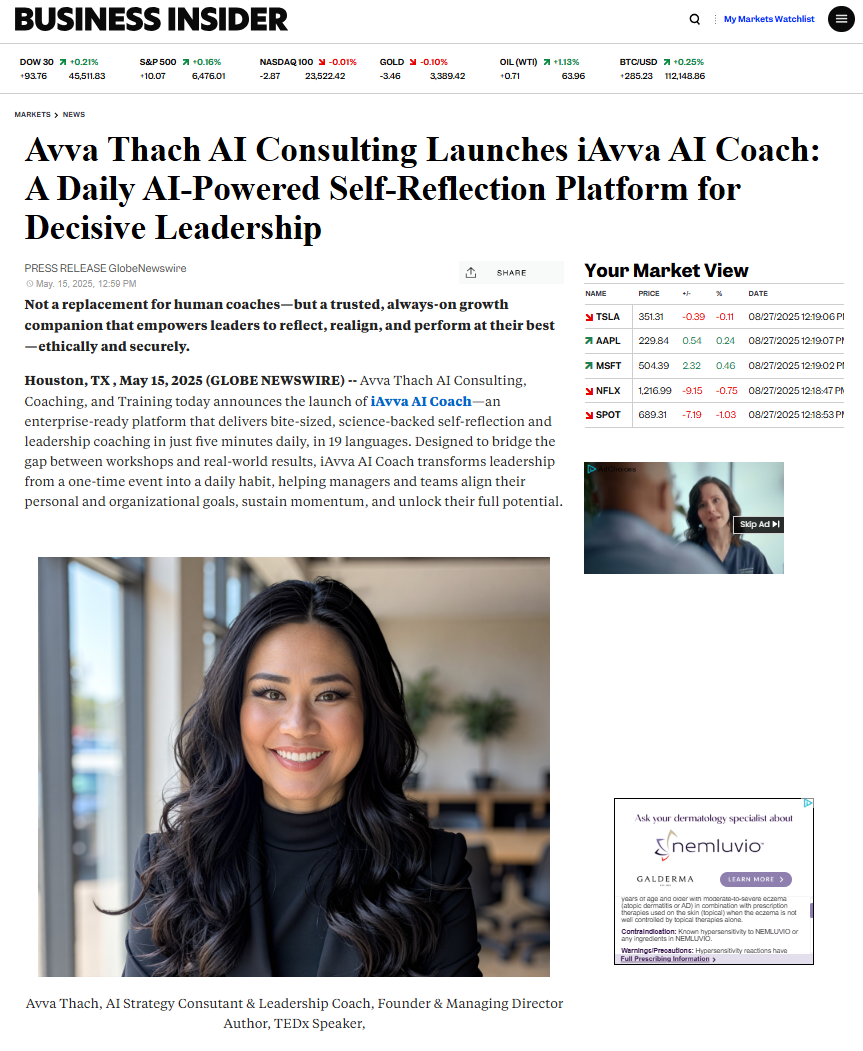Coaching is a transformative process that empowers individuals to unlock their potential and achieve their personal and professional goals. At its core, coaching is about fostering a supportive relationship between the coach and the individual, where the coach acts as a guide, mentor, and accountability partner. This dynamic allows individuals to explore their aspirations, confront challenges, and develop strategies to navigate their unique journeys.
The role of coaching extends beyond mere advice; it involves active listening, insightful questioning, and providing constructive feedback that encourages self-discovery and growth. In today’s fast-paced world, the need for effective coaching has never been more pronounced. As individuals grapple with the complexities of modern life—be it in their careers, relationships, or personal development—coaching serves as a beacon of clarity.
It helps individuals identify their strengths and weaknesses, enabling them to harness their capabilities while addressing areas for improvement. By fostering a growth mindset, coaching cultivates resilience and adaptability, essential traits in an ever-evolving landscape. Ultimately, coaching is not just about achieving immediate goals; it’s about instilling a lifelong commitment to learning and self-improvement.
Key Takeaways
- Coaching plays a crucial role in helping individuals identify their goals and objectives, overcome limiting beliefs and self-doubt, and develop a personalized action plan.
- Identifying clear and achievable goals is essential for effective coaching and personal growth.
- Overcoming limiting beliefs and self-doubt is a key aspect of personal development and can be addressed through coaching.
- Developing a personalized action plan is crucial for individuals to achieve their goals and sustain long-term growth and success.
- Building confidence and resilience, enhancing communication and interpersonal skills, and managing stress are important components of coaching for achieving work-life balance and long-term success.
Identifying Your Goals and Objectives
The journey of personal and professional development begins with a clear understanding of one’s goals and objectives. Identifying what you truly want to achieve is crucial for setting a purposeful direction in life. This process requires introspection and honesty, as it involves delving deep into your values, passions, and aspirations.
Whether you aim to advance in your career, improve your relationships, or enhance your overall well-being, articulating specific goals provides a roadmap for your journey. Once you have established your goals, it’s essential to break them down into actionable objectives. This step transforms abstract desires into tangible milestones that can be tracked and measured.
For instance, if your goal is to become a leader in your field, your objectives might include acquiring new skills, networking with industry professionals, or seeking mentorship opportunities. By setting SMART (Specific, Measurable, Achievable, Relevant, Time-bound) objectives, you create a structured approach that not only clarifies your path but also enhances your motivation and commitment to achieving your goals.
Overcoming Limiting Beliefs and Self-Doubt
One of the most significant barriers to personal growth is the presence of limiting beliefs and self-doubt. These internal narratives often stem from past experiences, societal expectations, or negative feedback from others. They can manifest as thoughts like “I’m not good enough” or “I’ll never succeed,” which can paralyze individuals from taking action toward their goals.
Recognizing these beliefs is the first step toward overcoming them; awareness allows you to challenge their validity and replace them with empowering affirmations. To dismantle self-doubt, it’s crucial to cultivate a mindset of self-compassion and resilience. Embracing failure as a natural part of the learning process can help shift your perspective on setbacks.
Instead of viewing them as reflections of your worth, consider them opportunities for growth and development. Engaging in practices such as journaling or mindfulness can also aid in reframing negative thoughts and fostering a more positive self-image. By actively working to overcome limiting beliefs, you pave the way for greater confidence and a more fulfilling pursuit of your goals.
Developing a Personalized Action Plan
| Metrics | Results |
|---|---|
| Number of Personalized Action Plans Developed | 150 |
| Percentage of Participants who Implemented their Action Plans | 80% |
| Number of Follow-up Meetings Conducted | 50 |
Creating a personalized action plan is an essential step in translating your goals into reality. This plan serves as a strategic framework that outlines the specific actions you need to take to achieve your objectives. Start by identifying the resources available to you—these could include time, skills, financial support, or networks—and leverage them effectively.
A well-structured action plan not only clarifies what needs to be done but also establishes timelines for accountability. As you develop your action plan, consider incorporating flexibility to adapt to unforeseen challenges or opportunities that may arise along the way. Life is unpredictable; therefore, being open to adjusting your plan can enhance your resilience and keep you on track toward your goals.
Additionally, regularly reviewing and updating your action plan allows you to celebrate small victories and reassess your priorities as needed. This iterative process fosters a sense of ownership over your journey and reinforces your commitment to continuous growth.
Building Confidence and Resilience
Confidence is a cornerstone of success in any endeavor. It empowers individuals to take risks, embrace challenges, and pursue their goals with conviction. Building confidence often requires stepping outside of your comfort zone and confronting fears head-on.
Engaging in new experiences—whether through public speaking, networking events, or skill-building workshops—can significantly enhance your self-assurance over time. Resilience goes hand-in-hand with confidence; it is the ability to bounce back from setbacks and maintain focus on long-term objectives despite obstacles. Cultivating resilience involves developing coping strategies that enable you to manage stress effectively.
Techniques such as mindfulness meditation, physical exercise, or seeking support from peers can bolster your emotional well-being during challenging times. By fostering both confidence and resilience, you equip yourself with the tools necessary to navigate life’s uncertainties while remaining steadfast in your pursuit of success.
Enhancing Communication and Interpersonal Skills
Effective communication is vital in both personal and professional contexts. The ability to articulate thoughts clearly and listen actively fosters meaningful connections with others. Enhancing communication skills involves not only verbal expression but also non-verbal cues such as body language and tone of voice.
Practicing active listening—where you fully engage with the speaker without formulating responses prematurely—can significantly improve interpersonal relationships. Moreover, developing emotional intelligence plays a crucial role in enhancing communication skills. Understanding your emotions and those of others allows for more empathetic interactions and conflict resolution.
Engaging in role-playing exercises or seeking feedback from trusted peers can provide valuable insights into how you communicate and how you can improve. By prioritizing effective communication and interpersonal skills, you create an environment conducive to collaboration and mutual understanding.
Managing Stress and Achieving Work-Life Balance
In an increasingly demanding world, managing stress effectively is essential for maintaining overall well-being. Chronic stress can lead to burnout, decreased productivity, and strained relationships; therefore, implementing stress management techniques is crucial for achieving a healthy work-life balance. Strategies such as time management, setting boundaries between work and personal life, and engaging in hobbies can help mitigate stress levels.
Achieving work-life balance requires intentionality; it involves recognizing the importance of self-care and prioritizing activities that bring joy and fulfillment outside of work commitments. Establishing routines that incorporate relaxation techniques—such as yoga or meditation—can enhance mental clarity and emotional resilience. Additionally, fostering supportive relationships with family and friends provides a vital support system during challenging times.
By actively managing stress and striving for balance, you create a sustainable lifestyle that promotes both personal happiness and professional success.
Sustaining Long-Term Growth and Success
The journey toward personal growth does not end once goals are achieved; rather, it is an ongoing process that requires continuous effort and reflection. Sustaining long-term growth involves cultivating a mindset of lifelong learning—embracing new experiences, seeking feedback, and remaining open to change are all integral components of this journey. Regularly revisiting your goals ensures that they remain aligned with your evolving aspirations.
Moreover, celebrating achievements—no matter how small—reinforces motivation and commitment to ongoing development. Establishing a routine for self-assessment allows you to evaluate progress objectively while identifying areas for further improvement. Engaging with mentors or coaches can provide valuable insights into sustaining growth over time.
Ultimately, by committing to lifelong learning and self-reflection, you position yourself for enduring success in all facets of life. In conclusion, the path to personal development is multifaceted and requires dedication, introspection, and resilience. By understanding the role of coaching, identifying clear goals, overcoming limiting beliefs, developing actionable plans, enhancing communication skills, managing stress effectively, and committing to lifelong growth, individuals can unlock their full potential and achieve lasting success in both their personal and professional lives.












Leave a Reply